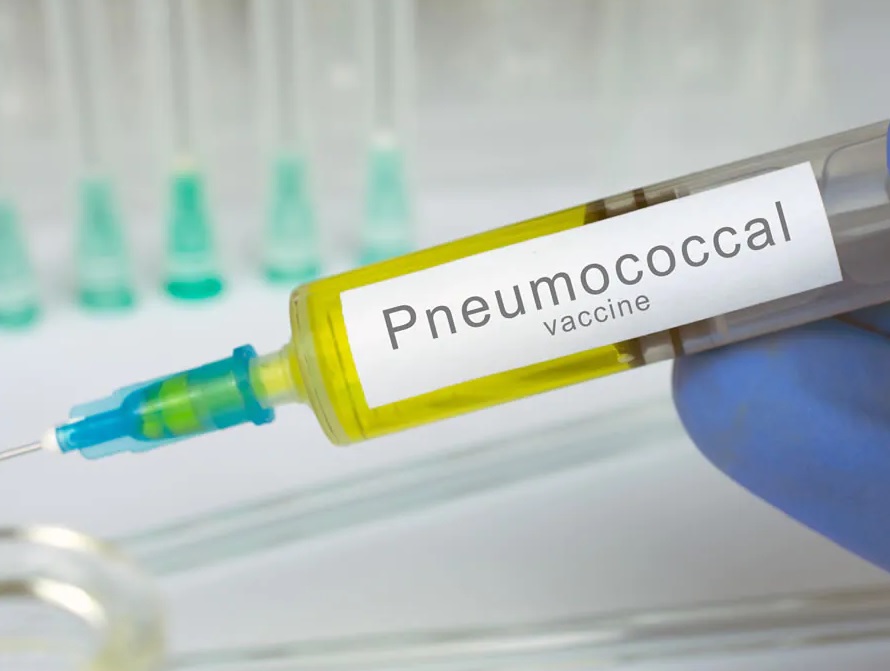
Pneumococcal vaccine: what it is and how it works
What is the pneumococcal vaccine? The term pneumococcus commonly refers to the bacterium Streptococcus pneumoniae, which is widespread in the upper airways of adults and children
More than 90 types of pneumococcus are known, some of which can cause infections such as otitis, sinusitis, pneumonia, meningitis and sepsis. Mostly children and the elderly are affected.
The pneumococcal vaccine defends the body against the bacteria most commonly responsible for illness, and has been shown to be very effective in preventing the most serious forms of infection.
How does the pneumococcal vaccine work?
Two types of vaccine are available:
- Conjugate 13-valent (PVC13): for infants and children up to 5 years old; effective against the 13 strains responsible for most serious infections. This is an inactivated and conjugated vaccine, i.e. made from fragments of the bacterium and then bound to a protein to increase its effectiveness.
- Polysaccharide 23-valent: used mainly in adults.
The vaccine is administered by intramuscular injection: in the arm from the age of 9 onwards, in the anterolateral aspect of the thigh for younger children.
When to get the pneumococcal vaccine?
PVC13 is the most common vaccine for children. It is not one of the compulsory vaccinations, but is offered as part of the hexavalent vaccine (diphtheria, tetanus, whooping cough, poliomyelitis, hepatitis B, haemophilus influenzae type B) from the age of three months.
Three doses are given, all in the first year, and no further booster shots are necessary.
Side effects of the pneumococcal vaccine
The pneumococcal vaccine is generally well tolerated.
Within 48 hours after administration, redness, swelling, pain at the injection site and more general symptoms such as fever, weakness, muscle aches and skin rash may occur.
As with all vaccines, allergic reactions, even severe ones, may occur. However, this is rare.
Read Also:
Emergency Live Even More…Live: Download The New Free App Of Your Newspaper For IOS And Android
Vancomycin-Sensitive Staphylococcus Infections: Symptoms And Treatment
Methicillin-Resistant Staphylococcus Infections: Symptoms, Diagnosis And Treatment
What Is The Meningococcal Vaccine, How Does It Work And What Side Effects Does It Have?


